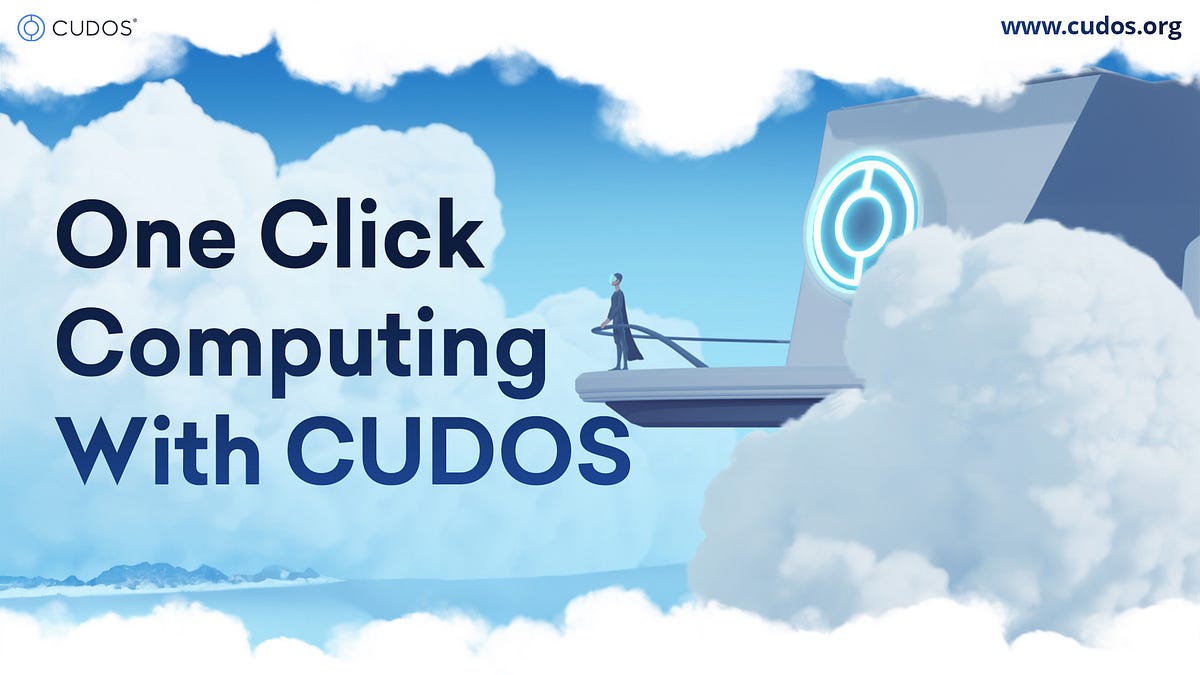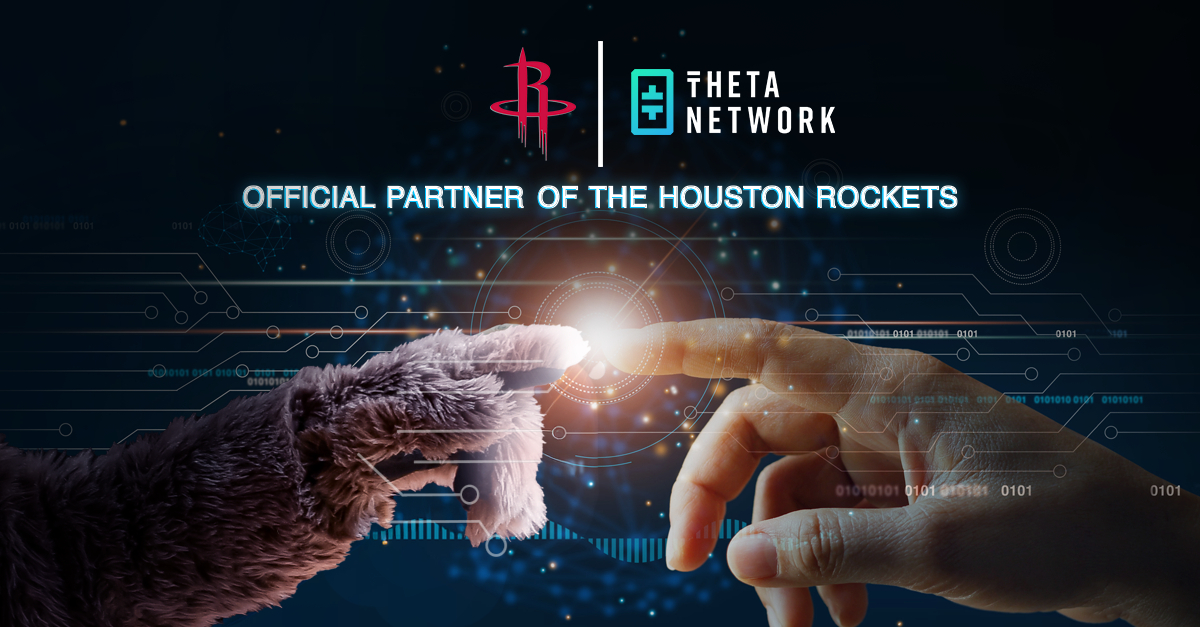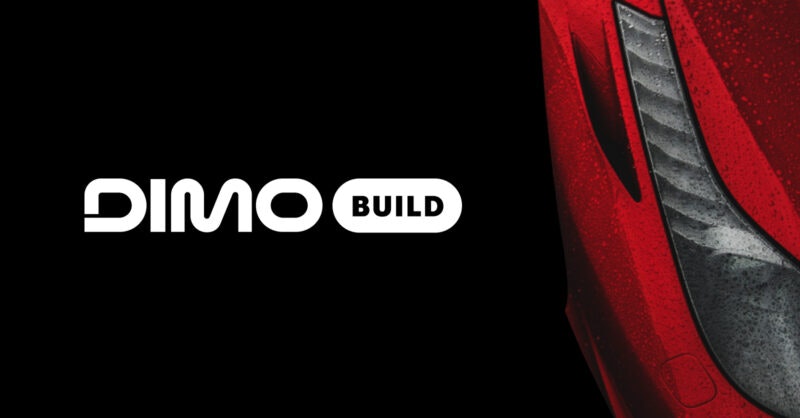DePIN: The Future of Decentralized Physical Infrastructure Management
Monday, July 8, 2024 8:16 AM
186
DePIN, which stands for Decentralized Physical Infrastructure Networks, is revolutionizing the way we manage physical infrastructures through blockchain technology. It distributes control and voting rights among all network participants, unlike centralized systems. DePIN projects utilize smart contracts for automated transactions and operations, enhancing security, reducing costs, and fostering transparency and trust. Participants are rewarded with native tokens for their contributions, making the network stronger and more secure. While DePIN offers numerous advantages over traditional centralized infrastructure, there is always room for improvement.
Related News

a day ago
DePIN: A Decentralized Solution for Internet Connectivity During Power OutagesIn recent times, millions have experienced power outages and internet disruptions, prompting a critical question: How can we maintain internet connectivity during such crises? The answer may lie in Decentralized Physical Infrastructure Networks (DePIN), which leverage blockchain technology to create community-owned systems that provide essential services like wireless internet, energy, and storage. Unlike traditional networks that rely on centralized servers, DePIN distributes responsibility across numerous independent nodes, enhancing resilience and reducing the risk of total system failure during outages.
DePIN is gaining traction as a viable alternative to conventional infrastructure, especially highlighted by events such as the 2021 Texas winter blackout, where decentralized solutions helped maintain connectivity in some areas. In 2024 alone, investments in DePIN projects exceeded $850 million, indicating a growing recognition of their importance beyond mere connectivity. Projects like Helium, which utilizes user-operated hotspots, and others such as WiFi Map and Nodle are at the forefront of this movement, ensuring that networks remain operational even when traditional power lines fail.
The momentum behind DePIN is accelerating, with leading networks experiencing steady growth and approaching all-time highs. These systems are designed to operate on low energy and can utilize alternative power sources, making them particularly effective in power-starved environments. When combined with satellite solutions like Starlink, DePIN has the potential to keep entire communities connected, even in the darkest of times. As the demand for decentralized infrastructure continues to rise, it is clear that DePIN is not just a passing trend but a necessary evolution in how we approach connectivity and energy distribution in our increasingly digital world.

6 days ago
CUDOS Intercloud Revolutionizes AI Deployment with One-Click TemplatesIn a significant advancement for distributed computing, CUDOS Intercloud has introduced one-click templates that simplify the deployment of AI applications. This innovative approach focuses on accessibility and usability, allowing developers to launch applications with minimal effort. By eliminating the traditional complexities associated with AI infrastructure, such as dependencies and vendor lock-ins, CUDOS Intercloud enables instant deployment without the need for KYC or sign-ups. Users can connect their digital wallets and get started in mere seconds, which is particularly beneficial for teams needing to iterate quickly in the fast-paced AI and Web3 landscapes.
The CUDOS Intercloud platform now boasts a diverse catalog of ready-to-launch applications tailored for various users, including AI developers and educators. Key offerings include JupyterLab for solo experimentation, JupyterHub for collaborative environments, and vLLM for serving large language models at scale. Additionally, tools like Ollama provide user-friendly interfaces for newcomers, while OpenManus showcases the potential of agentic AI assistants. These applications collectively form a robust foundation for a distributed AI-ready stack, enhancing accessibility and scalability for underfunded teams and global researchers.
Looking ahead, CUDOS Intercloud is committed to expanding its app catalog with more open-source tools and enterprise-ready solutions. The platform aims to deepen integrations with Web3 APIs and support smart contract-based resource provisioning. As the landscape of distributed applications evolves, the one-click templates will serve as a crucial interface between users and the underlying infrastructure, driving the growth of the AI economy. CUDOS Intercloud invites users to share ideas for future templates and features, fostering a collaborative environment for innovation in distributed computing.

6 days ago
Aethir Launches Batch 6 of Ecosystem Fund, Supporting Real-World Asset StartupsDecentralized cloud computing platform Aethir has launched Batch 6 of its $100 million Ecosystem Fund, expanding its support to include real-world asset (RWA) startups alongside its existing focus on AI agents. This initiative, announced on April 23, aims to integrate promising RWA projects into Aethir's decentralized cloud ecosystem by providing grants in the form of decentralized GPU cloud computing power. The fund has already supported over 25 AI-focused grantees, and the latest batch includes innovative projects such as Zoo Finance, Upside OS, and PinLink, which are set to enhance the intersection of traditional finance and digital markets.
The Ecosystem Fund operates by granting access to Aethir's extensive global GPU network, which boasts over 425,000 GPU containers and high-performance chips like NVIDIA H200s and GB200s. This model eliminates the need for expensive centralized infrastructure, allowing early-stage teams to scale applications that rely heavily on AI and RWAs. Aethir's aim with Batch 6 is to empower more founders to develop the next generation of applications that leverage decentralized computing, thereby fostering innovation in both the RWA and AI sectors.
The RWA sector is experiencing rapid growth, with on-chain assets already surpassing $20 billion and projections suggesting it could reach $500 billion by 2025, and potentially $30 trillion by 2030. This surge has given rise to new segments like "RWAfi," which merges RWAs with decentralized finance. Aethir is collaborating with projects such as Plume and GAIB to explore these opportunities, supporting the tokenization of computing infrastructure through initiatives like the RWAI Initiative and its GPU Tokenization Pilot on the BNB Chain.

6 days ago
AT&T Partners with Helium to Enhance Decentralized ConnectivityAT&T has announced its first foray into decentralized physical infrastructure (DePIN) through a partnership with Helium, enabling customers to access a network of user-powered WiFi hotspots. This collaboration, revealed on April 24, is seen as a significant advancement in Helium's mission to provide affordable and accessible connectivity. Helium operates a decentralized wireless network where individuals deploy low-power devices called Hotspots, functioning as miniature cell towers and offering wireless coverage in exchange for token-based rewards. Currently, Helium boasts over 93,500 active Hotspots, primarily in the United States.
The partnership allows AT&T to leverage Helium's hotspot coverage via Passpoint integration, a WiFi authentication protocol that facilitates automatic and secure connections to participating hotspots. This integration enhances user connectivity, especially in areas with weak mobile signals, while allowing AT&T to expand its service footprint without the need for additional infrastructure. For Helium, this partnership increases the utility of its network and raises its profile among mainstream users. Additionally, AT&T gains access to real-time network quality metrics, providing valuable insights into performance across decentralized nodes, a level of transparency often lacking in traditional infrastructure models.
This collaboration is a notable milestone for the DePIN movement, but it is not Helium's first engagement with the telecom sector. Previously, Helium partnered with Telefónica's Movistar in Mexico, integrating its network to support connectivity for over 2.3 million subscribers. Furthermore, Helium has been enhancing its technology stack to promote broader adoption, including a licensing program for hardware manufacturers. The launch of Helium Mobile's Zero Plan in February 2025, which offers free data and talk time by utilizing Helium's decentralized network alongside T-Mobile's 5G service, marks another significant step forward for the project.

7 days ago
Theta Labs and Houston Rockets Launch AI-Powered Mascot 'ClutchBot'Theta Labs, a prominent provider of decentralized cloud infrastructure, has partnered with the Houston Rockets to introduce an innovative AI-powered mascot named "ClutchBot." This digital mascot is designed to enhance fan engagement by providing real-time information about the team, including game schedules, ticket details, player statistics, and venue information. Fans can interact with ClutchBot through the official Houston Rockets website, asking questions like "When is the next game?" or "How many championships have the Rockets won?" The AI is trained on extensive Rockets and NBA data, ensuring accurate and timely responses.
The collaboration between Theta Labs and the Houston Rockets aims to create a more immersive fan experience that transcends traditional engagement methods. By utilizing Theta's cutting-edge EdgeCloud technology, ClutchBot represents a significant advancement in how sports teams can maintain continuous, personalized interaction with their fans. This initiative not only enhances the digital experience for fans but also sets a new standard for fan engagement across professional sports, allowing supporters to feel more connected to their favorite teams.
Scheduled to launch in the fall of 2025, ClutchBot will be accessible to fans worldwide, marking a pivotal moment in the intersection of sports and AI technology. As noted by Houston Rockets President Gretchen Sheirr, this partnership will enable the team to offer a more engaging and personalized experience through their digital platforms. With backing from industry giants and a robust decentralized infrastructure, Theta Labs continues to lead in the realm of AI and media, paving the way for future innovations in sports technology.

13 days ago
DIMO Unveils Enhanced Developer Console with New Features and Decentralization FocusDIMO has recently announced an exciting update to its Developer Console, marking a significant evolution since its initial launch on August 8, 2024. This update, known as DIMO Build, not only refreshes the branding with a new visual identity but also enhances the user experience by providing greater freedom and flexibility for developers. The Console now features a user-centric design that aligns with future expansion projects, including webhooks and low-code tools, ensuring that developers can build with less distraction and more focus on their projects.
One of the standout features of the new Console is the integration of social logins, which streamlines operations by consolidating login processes directly with DIMO Auth Servers. This update includes the addition of Apple logins, catering to users of the DIMO Mobile app. Furthermore, the login flow has been re-engineered to allow users to opt for email OTP login if they encounter compatibility issues with passkeys. This flexibility is aimed at reducing friction in the user experience, allowing developers to spend less time on signing transactions and more on building.
In addition to these enhancements, DIMO has embraced decentralization by integrating developer license information directly into the Identity API, mapping it to on-chain data. This shift eliminates reliance on off-chain databases, promoting transparency and reducing discrepancies. The updated Console also introduces a comprehensive vehicle list feature, providing insights into license details, including on-chain vehicle IDs. To support developers further, DIMO has established a dedicated support pipeline, ensuring that developers can easily connect with the engineering team behind the Console. Overall, these updates signify DIMO's commitment to fostering a more open and efficient development environment in the decentralized space.
Signup for latest DePIN news and updates